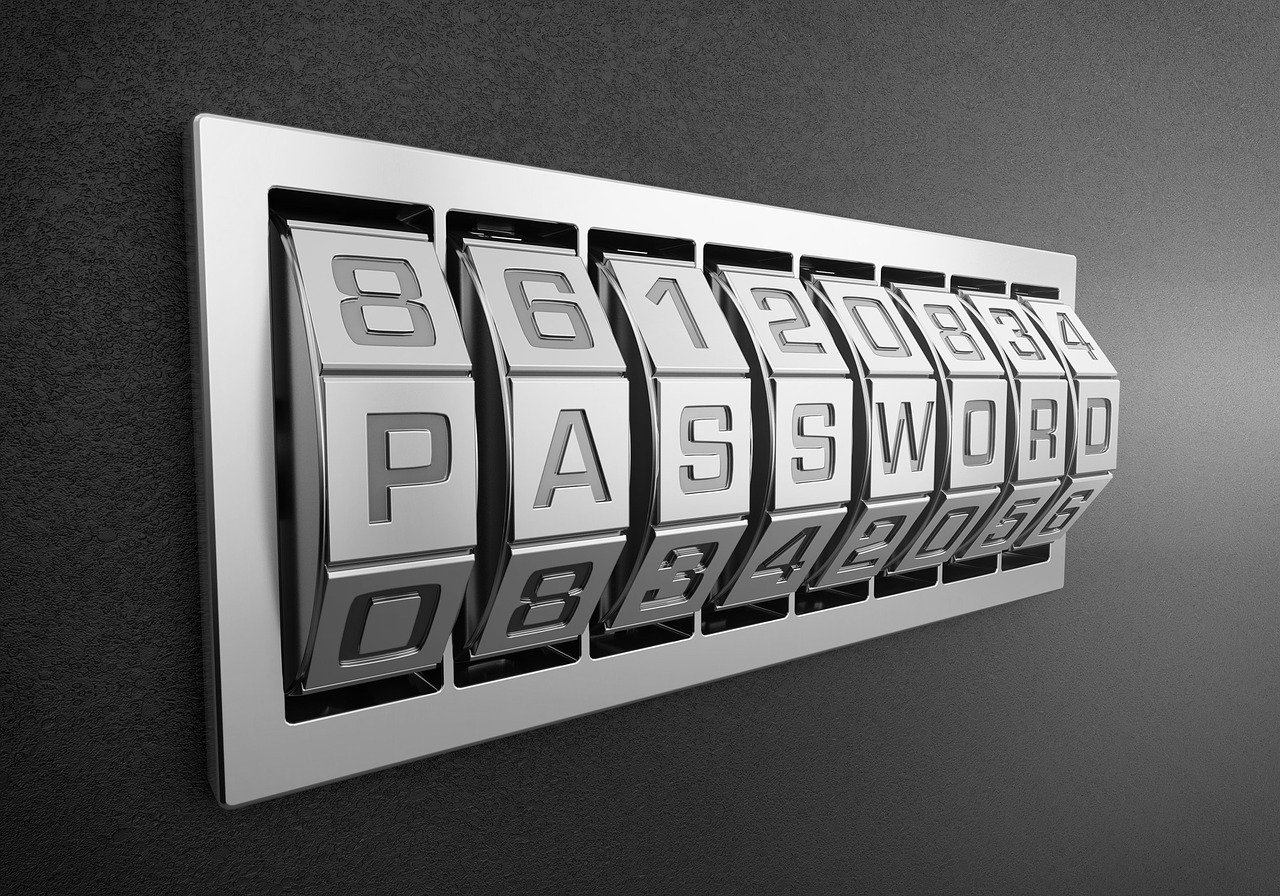Computer security is an important topic for anyone today, whether a student, a professional, or just an occasional user. As the world becomes more and more computerized and digitized, the potential for problems and mistakes increases. In this article, we will talk about some of the most common mistakes people make regarding computer security.

Not Setting Strong Passwords
A strong password is a password with at least eight characters and a combination of uppercase, lowercase, numbers, and symbols. In addition, the password should not contain words that are in the dictionary.
The most common mistake is to use easy-to-guess passwords, like “password” or “123456.” Brute-force attacks can crack these passwords. Another common mistake is to use the same password for every account. This makes it easy for hackers to get access to all accounts.
Not Using a Password Manager
But when you are using the same password for many sites, it’s easy for hackers to get into your accounts and steal your personal information.
Password managers are really helpful if you want to keep track of all the different passwords and login names you have for accounts because they store them in an encrypted database. They also generate strong passwords for you so that hackers can’t figure them out by guessing or brute-forcing your account.
Downloading Malicious Software
Many people are not aware of the risks they are taking by downloading malware. Malware is a type of malicious software that can be downloaded from the internet and installed on your computer without you knowing. These programs can steal your personal information, such as bank account details or passwords, and spy on your online activities.
Some people download malware because they don’t know what it is or how to avoid it. Others download malicious software because they think downloading it will help them avoid other types of malware. However, this is not the case!
Using Public Wi-Fi
Public Wi-Fi is a popular way for people to connect to the internet. It has been used by many people in different situations, such as when they are at a coffee shop, at the airport, or in a hotel.
However, it does not mean that public Wi-Fi is always safe and secure. Therefore, before using them, we need to be aware of any security issues with public Wi-Fi hotspots.
First of all, these public Wi-Fi hotspots do not have any password protection or encryption. This means that anyone can access them and use them without permission. Second of all, most of these public Wi-Fi hotspots do not have strong passwords, and some don’t even require you to enter a password!
The best way to protect yourself when using public Wi-Fi is by using a VPN. A VPN encrypts all of your data so that hackers cannot see anything you are doing on the internet. It could be a great way to protect you if you’re on a cloud and need to protect it. You can learn more about why are CSF important and cloud security on how to protect yourself while using public Wi-Fi.
A VPN will also help you to get around geo-blocking restrictions. When you use a VPN, it will appear to be connecting from another country’s IP address. That means that if you connect to a US server, for example, any restricted sites in the US will seem available again in your home country!
Leaving Your Laptop Unlocked or on the Table in Public Spaces
Laptops are being stolen all the time. The most common place where laptops get stolen is public spaces. People often leave their laptops on a table or leave them unlocked while using them. However, you can take some simple steps to reduce the risk of having your laptop stolen.
The first step to protecting your laptop is to lock your device when you walk away or use it in a public space. You can use a password, pin, fingerprint, or any other type of lock available on your device.
You should also ensure that you don’t store any personal information on your laptop and encrypt the hard drive with encryption software like Bitlocker for Windows 10 or FileVault for Mac OSX.
Clicking on Suspicious Links or Emails from Unknown Sources
Phishing is a type of scam that involves sending an email to a large number of people to get them to click on a link or open an attachment. These links and attachments will often contain malware, stealing your personal information, such as credit card numbers or passwords.
The most common phishing technique is using a fake email from someone you know to open an attachment or click on a link. For example, someone might send you an email from your bank asking for your password and banking information to make changes to your account. This is a very common phishing scam going on for years.
Email scams are also very common because it’s easy for scammers to send out millions of emails with just one computer.
Not Updating Your Antivirus Software Regularly
It is so easy to forget to update your antivirus software. But if you don’t, it can be a big problem. The most common reason for not updating your antivirus software regularly is that people are too busy with their work and forget to update them.
Security experts recommend that people update their antivirus software regularly. They can ensure that the latest virus updates are downloaded and installed on their computer system. There is a lot of free antivirus software that is available to you. For example, Microsoft has its own software that often comes with its Windows OS and can be downloaded from its website.
Conclusion
These are just a few common computer security mistakes that we make every day when using our smartphones, laptops, and other devices that connect to the internet. Therefore, it’s important to keep yourself safe by paying attention to your surroundings, using a VPN, a strong password, and never share your personal information.
